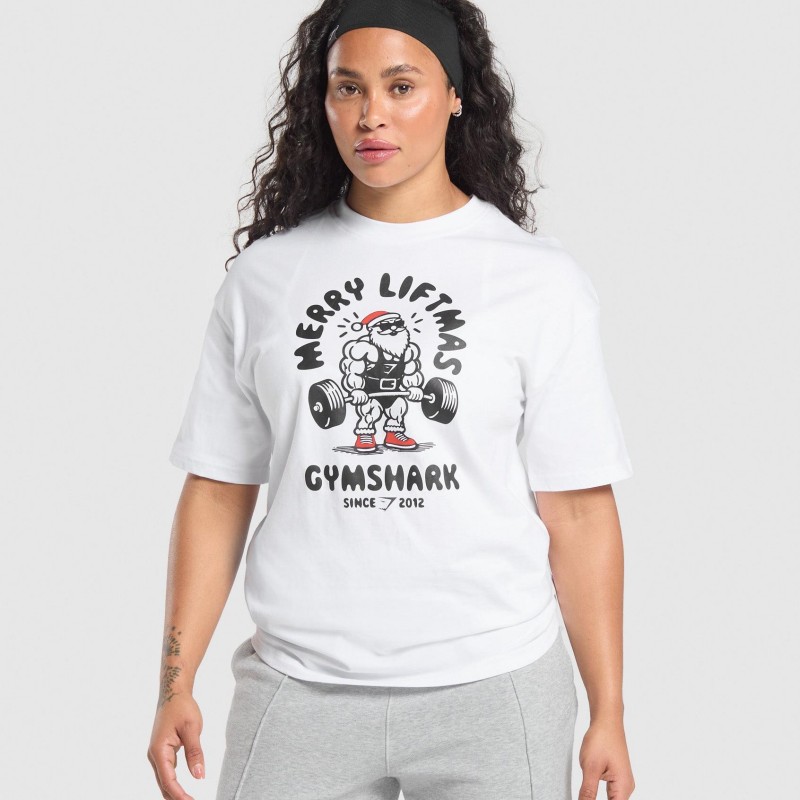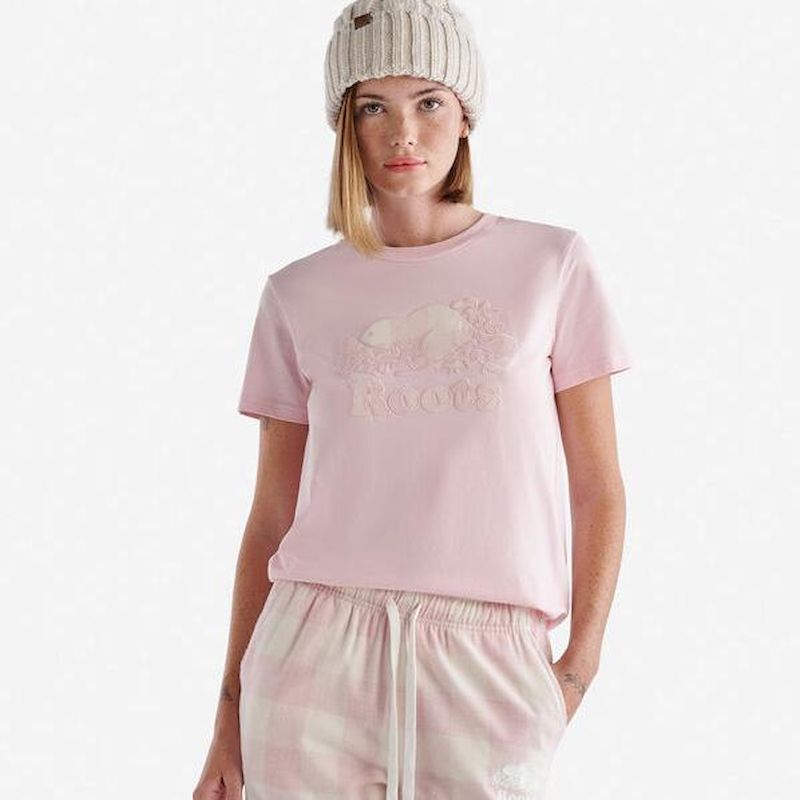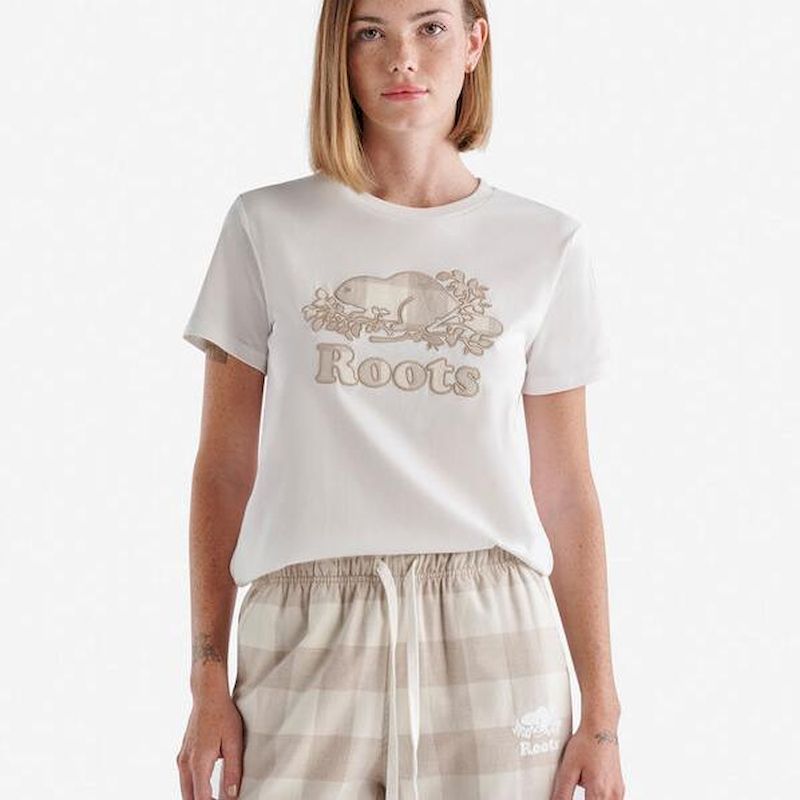When it comes to choosing the best attire for athletic activities and sports, the fabric of the clothing plays a significant role. Among the various options available, polyester t-shirts have become increasingly popular among athletes and fitness enthusiasts. But the question remains, are polyester t-shirts good for sports? This article will explore the qualities of polyester, its benefits, potential downsides, and how it compares to other fabrics used in sportswear. By understanding the characteristics of polyester and its performance in athletic environments, you can make informed choices about your sports apparel and maximize your comfort during intense activities.

Contents
- 1 Understanding Polyester Fabric
- 2 Benefits of Polyester T-Shirts for Sports
- 3 Potential Downsides of Polyester T-Shirts
- 4 Comparison with Other Fabrics
- 5 Choosing the Right Polyester T-Shirt for Sports
- 6 Maintenance Tips for Polyester T-Shirts
- 7 The Environmental Impact of Polyester
- 8 Conclusion: The Suitability of Polyester T-Shirts for Sports
Understanding Polyester Fabric
To appreciate whether polyester t-shirts are suitable for sports, it is essential to understand the makeup of this synthetic fabric.
What is Polyester?
- Composition: Polyester is a synthetic fiber derived from petroleum-based products. It is known for its durability and versatile applications across different industries, including fashion and sportswear.
- Manufacturing Process: The production involves polymerization, where ethylene glycol and terephthalic acid are combined to form polyester resin, which is then processed into fibers used in textiles.
Characteristics of Polyester
- Durability: Polyester is known for its strength and resistance against tears, wrinkles, and shrinking. It retains its shape and color over time.
- Moisture-Wicking: One of the standout qualities of polyester is its moisture-wicking capability, allowing it to draw sweat away from the skin and promote evaporation, which is vital in sports settings.
- Quick Drying: Polyester dries faster than many natural fabrics, making it favorable for athletes who need quick turnaround times between workouts or activities.
- Breathability: Although polyester can trap heat, modern advancements in fabric technology have improved breathability in polyester blends, enhancing comfort during sports.
Understanding these foundational qualities of polyester helps evaluate how well it performs in the world of sports clothing.
Benefits of Polyester T-Shirts for Sports
Polyester t-shirts have several advantages that position them as a popular choice among athletes. Let’s delve into the key benefits.
Moisture Management
- Sweat Absorption: When engaging in physical activity, polyester t-shirts effectively manage sweat, pulling moisture away from the skin and reducing the uncomfortable feeling of wet fabric clinging to the body.
- Prevention of Chafing: By keeping the skin dry, polyester t-shirts minimize the risk of chafing, a common problem faced by athletes during rigorous sports, leading to more comfortable workouts.
Comfort and Fit
- Lightweight and Flexible: Polyester is lightweight, allowing for freer movements during exercise. The fabric conforms to the body while providing ample stretch without restricting mobility.
- Soft Feel Against the Skin: Polyester t-shirts designed for sports often feature soft finishes that provide a comfortable fit, making them ideal for extended wear during training or competitions.
Durability and Longevity
- Resistant to Wear and Tear: Polyester is inherently strong, making garments resistant to damage. This durability allows polyester t-shirts to withstand intense activities over time, providing excellent value for money.
- Color Retention: This fabric is also known for retaining colors, ensuring that your sports t-shirt remains vibrant and fresh after multiple washes.
Versatility of Design
- Diverse Styles: Polyester t-shirts come in various designs and styles, accommodating personal preferences and different sports or activities.
- Customization Options: The ease of printing on polyester allows for custom designs, making these shirts a popular choice for team uniforms, promotional events, and personal sports branding.
These benefits illustrate why polyester t-shirts have gained traction as effective garment choices for athletes.
Potential Downsides of Polyester T-Shirts
While polyester t-shirts provide numerous advantages, it is crucial to consider some potential downsides before fully embracing them for sportswear.
Heat Retention
- Trapping Heat: Due to polyester’s thermal properties, it may trap heat more than natural fibers, which can lead to discomfort in hot or humid conditions.
- Overheating Risk: Athletes engaging in high-intensity workouts may find polyester t-shirts circulate less air, presenting a risk of overheating if not designed with breathability in mind.
Sensitivity and Skin Reactions
- Allergies and Reactions: Although rare, some individuals may be allergic to polyester or experience skin sensitivities. People with sensitive skin should ensure they select high-quality options specifically designed for comfort.
- Less Breathable than Natural Fibers: Traditional fabrics like cotton may still offer better natural breathability than many polyester variants, potentially leading to discomfort for some athletes.
Environmental Concerns
- Sustainability Issues: Polyester is derived from petroleum, and its production is often criticized for environmental impacts, including high energy consumption and carbon emissions.
- Microplastic Pollution: Washing polyester can release microplastics into the environment, contributing to water pollution and ecosystem challenges.
While these downsides highlight considerations to factor into purchasing decisions, they do not broadly negate the effectiveness of polyester t-shirts for sports for most users.
Comparison with Other Fabrics
To determine if polyester t-shirts are the best choice for sports, it’s pertinent to compare them with other commonly used fabrics.
Cotton
- Breathability: Cotton is well-known for its breathability, making it comfortable to wear in warm weather, but it has lower moisture-wicking abilities compared to polyester.
- Durability: Cotton tends to wear out faster than polyester, especially when continuously exposed to sweat over prolonged periods.
- Weight: Cotton can feel heavier when wet, whereas polyester dries quickly and retains a lightweight characteristic, making it a better choice for athletes.
Nylon
- Strength and Durability: Similar to polyester, nylon is strong and resistant to wear. However, nylon can be less breathable and retain heat, which could lead to discomfort during high-intensity activities.
- Moisture Management: While nylon does perform well in moisture-wicking, it still does not outperform polyester in terms of quick drying capabilities.
Merino Wool
- Natural Temperature Regulation: Merino wool has exceptional thermal regulating properties, keeping the wearer warm in cold conditions while still being breathable in heat.
- Odor Resistance: Merino wool naturally resists odors, making it beneficial for long wear during intense workouts, but it may require more care in washing compared to polyester.
- Cost Factor: Merino wool sleepwear is usually more expensive than polyester options, which can be a downside for budget-conscious consumers.
This comparative analysis helps to contextualize polyester t-shirts within a broader spectrum of effective breathable and moisture-wicking materials for sportswear.

Choosing the Right Polyester T-Shirt for Sports
Navigating the polyester t-shirt market involves understanding what features to prioritize when searching for athletic wear.
Factors to Consider
- Moisture-Wicking Properties: Look for t-shirts specifically marketed as moisture-wicking. These designs will better draw sweat away from the skin during intense workouts.
- Breathability Features: Evaluate whether the shirt has ventilation panels or is labeled as “breathable.” This characteristic can significantly enhance comfort during warm-weather activities.
- Fit and Comfort: Choose a fit that suits your activity level. Athletic fits can provide better movement, while looser styles may be comfortable for casual exercises.
Checking Fabric Quality
- Read Reviews: Look for customer reviews and testimonials that discuss the quality and performance of the fabric, helping identify any issues with breathability or durability.
- Inspect Labels: Check tags for fiber compositions and recommended care practices, ensuring that the anticipated product meets your expectations.
Style and Aesthetics
- Design Features: Consider whether you prefer classic necklines, graphic designs, or team logos. Many brands offer a variety of styles that suit different personal expressions.
- Color Choices: Opt for colors that you find appealing and that reflect your personality while also considering how those colors might perform in terms of heat absorption during activities in direct sunlight.
By paying attention to these factors, you can select the right polyester t-shirt that meets your specific athletic needs without compromising on comfort or style.
Maintenance Tips for Polyester T-Shirts
Understanding how to care for your polyester t-shirts can significantly extend their lifespan while maintaining performance quality.
Washing Instructions
- Use Cold Water: Whenever possible, wash polyester t-shirts in cold water to help prevent fading and preserve fabric integrity.
- Gentle Cycle: Opt for a gentle washing cycle to minimize wear on the fabric fibers during wash cycles.
- Laundry Detergents: Utilize mild detergents that do not contain bleach or fabric softeners, which can accumulate on the fabric and reduce moisture-wicking effectiveness.
Drying Guidelines
- Air Dry When Possible: If time allows, air-drying is the best option to maintain the shape and quality of polyester garments. Hang the t-shirts on a clothesline or drying rack.
- Low Heat Settings: If using a dryer, do so with low heat settings to avoid the risk of shrinking or damaging the fabric.
Storing
- Avoid Overly Tight Spaces: Store polyester t-shirts in a way that prevents them from being crammed into tight spaces, which can cause wrinkles or shape distortion.
- Use Breathable Storage Containers: If storing away for an extended period, consider breathable bags or boxes to prevent moisture build-up.
By following these maintenance tips, you will ensure that your polyester t-shirts remain vibrant and functional after countless sports sessions.
The Environmental Impact of Polyester
Given the growing concern about sustainability and environmental consciousness, examining the impact of polyester is essential for informed decision-making.
Production Footprint
- Energy Consumption: The production of polyester involves significant energy consumption, contributing to carbon emissions and environmental degradation.
- Water Usage: Although not a primary factor in polyester production, the overall textile industry can contribute to water scarcity.
Recycling and Sustainability
- Recyclable Options: Many polyester fabrics can be recycled, reducing the overall environmental footprint. Look for brands that incorporate recycled polyester in their products.
- Eco-Friendly Alternatives: Some brands are now sourcing bio-based polyester derived from plant materials, promoting sustainability while delivering the functional benefits of traditional polyester.
Consumer Responsibility
- Choose Brands Wisely: Support brands that prioritize sustainability, eco-friendliness, and ethical production practices.
- Conscious Usage: Be mindful of clothing maintenance, opting for practices that prolong garment life and reduce waste.
Evaluating the environmental impact of polyester encourages consumers to make thoughtful choices while remaining active participants in sustainability initiatives.

Conclusion: The Suitability of Polyester T-Shirts for Sports
In summary, the question of whether polyester t-shirts are good for sports can be positively affirmed. Their moisture-wicking properties, lightweight nature, and durability make them excellent choices for a variety of athletic activities. While there are some potential downsides to consider—such as heat retention and environmental concerns—the advantages often outweigh these drawbacks for many athletes and active individuals.
By selecting the right polyester t-shirt and adhering to proper care guidelines, you can enhance your performance and comfort during workouts. Additionally, being mindful of the environmental impact of polyester can pave the way for more sustainable practices.
Ultimately, understanding the characteristics of polyester and how they contribute to sports apparel will empower you to make informed choices and equip you for your athletic pursuits. Embrace the comfort and versatility of polyester t-shirts and enjoy the benefits they provide as you engage in your favorite sports.